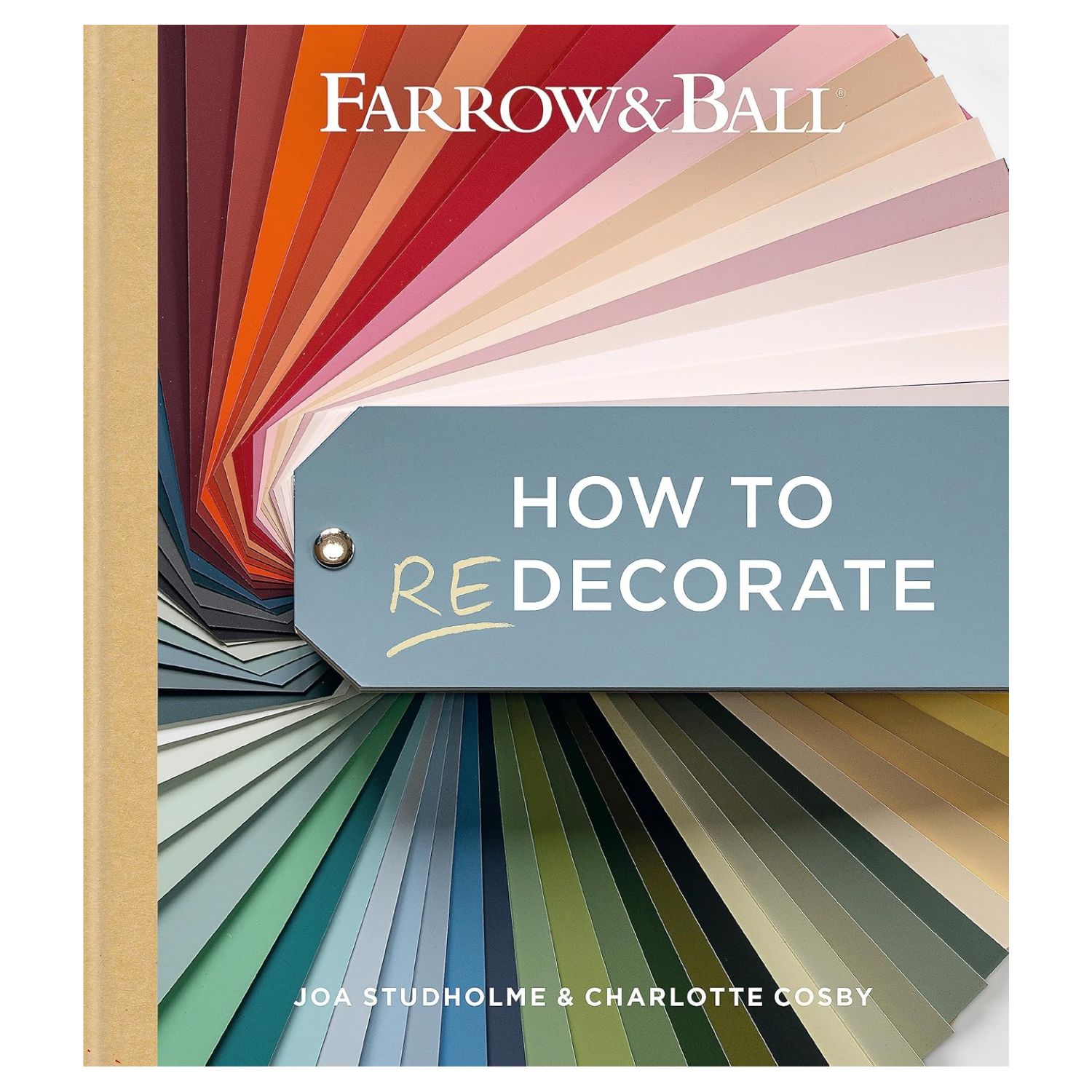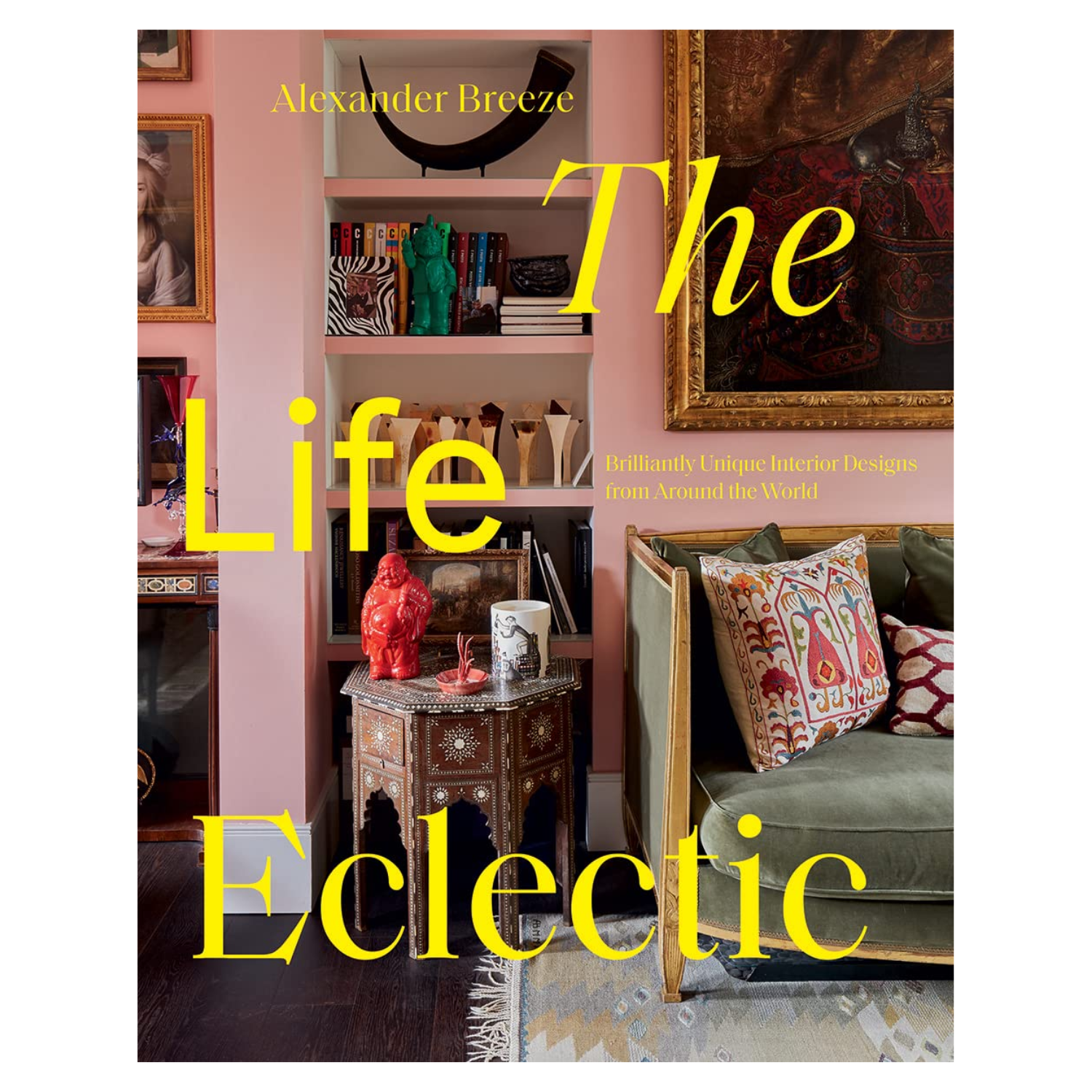Why Am I Always Scrolling House Listings? Psychologists Explain the Subconscious Reasons That You Compulsively Want to Move Home
Find out why you doomscroll listings and how to break the habit by finding contentment in your current abode


If you find yourself scrolling through pages of online listings and swiping through galleries of images on the hunt for a new space every so often, this thirst for new surroundings might go beyond just being interiors-obsessed.
Having the prodding question of 'should I move home?' on the brain 24/7 can be distracting, disrupting, and downright tedious. But what's the reason behind entertaining this idea above the average?
I spoke to a couple of experts to outline the cause of this moving-daydream and how to break the habit by finding contentment in your present residence. Let's dive in.
1. The Dopamine Treadmill
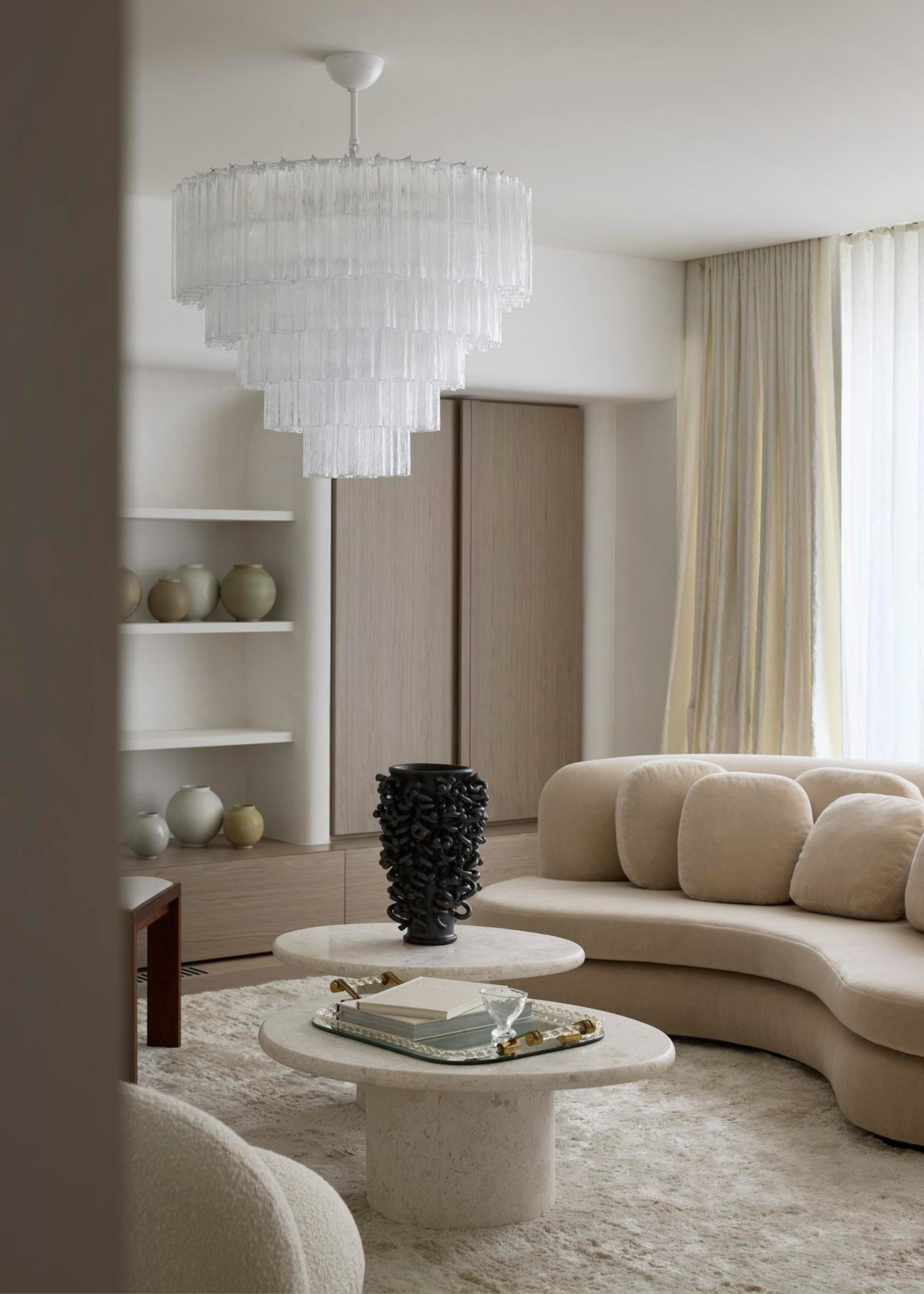
Daren Banarsë, MA, MBACP, and senior psychotherapist, tells me that being stuck on the dopamine treadmill is one of the leading reasons you're probably circling a loop of listings.
"Our brains are wired to seek novelty. When we anticipate encountering something new, the brain releases dopamine, a powerful neurochemical that drives our motivation to seek out these experiences," he explains.
"New environments trigger this same anticipation response, but dopamine levels drop once the novelty becomes familiar. For novelty-seekers, this creates an addictive cycle where constant relocation becomes necessary to chase that initial dopamine-fuelled anticipation of newness."
He goes on to explain that the brain's reward system habituates quickly, meaning each new home provides diminishing returns, creating a perpetual need for the next move. Hence, the dopamine treadmill and the subsequent need to stop writing up mental moving checklists every time you eye a beautiful space on the market.
The Livingetc newsletters are your inside source for what’s shaping interiors now - and what’s next. Discover trend forecasts, smart style ideas, and curated shopping inspiration that brings design to life. Subscribe today and stay ahead of the curve.

Daren Banarsë, MA MBACP, is a senior psychotherapist with a private practice in Central London. He is registered with the British Association of Counselling and Psychotherapy. He's also a former university lecturer (Goldsmiths College, University of London), currently undertaking further academic research at the Centre for Counselling and Psychotherapy Education.
2. Extroversion Personality Takeover
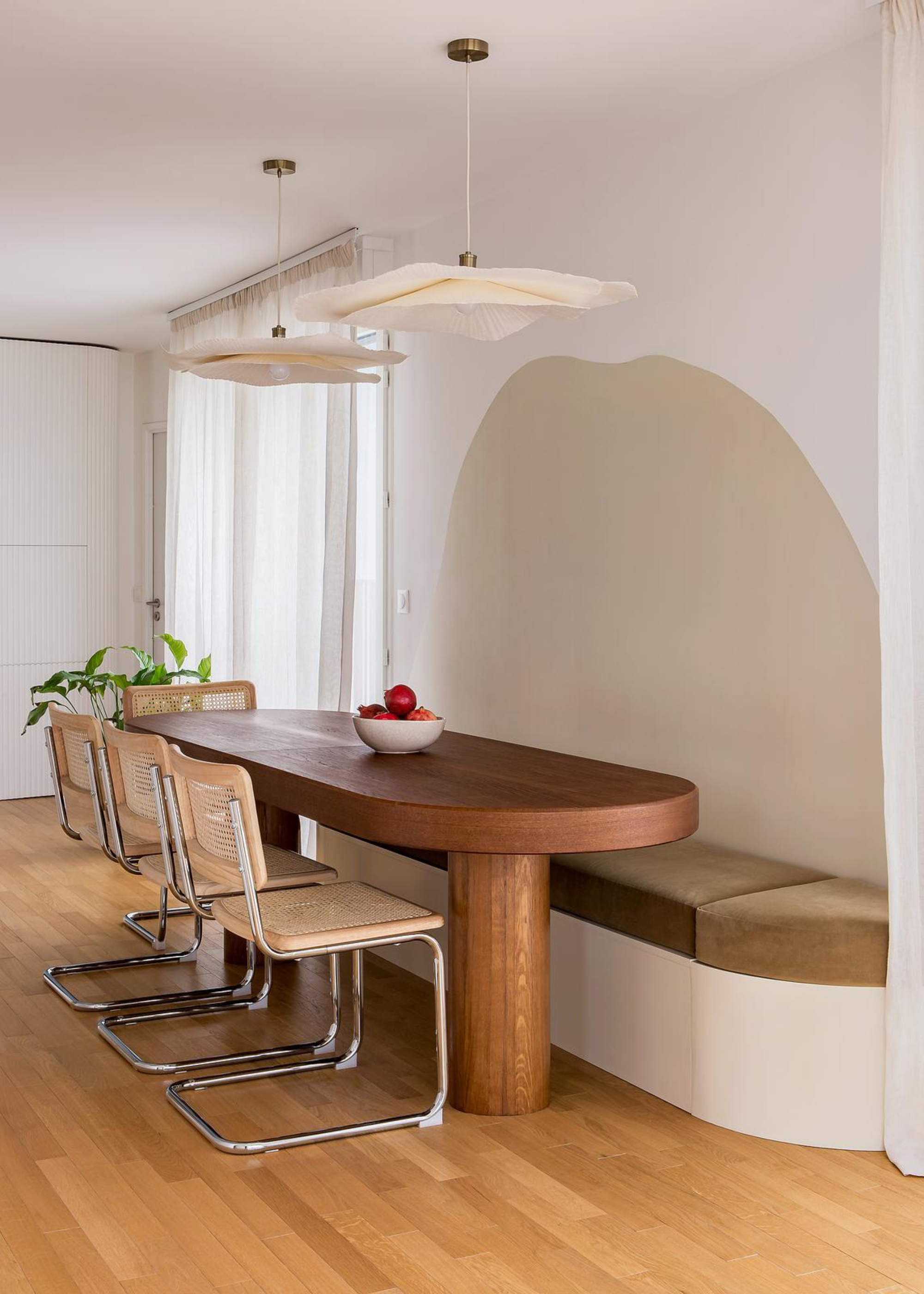
Dr. Ashwini Nadkarni, MD, and psychiatrist, tells me that mapping out the causes behind your constant wish to move house is incredibly important to feel comfortable in one space for a long time. And she finds that your personal and social attitudes could be the culprit, too.
"Certain personality traits can also make people more likely to move," she notes. "For instance, people with a higher rating of extraversion have been found in at least one study to be more likely to move more frequently."
As noted in this study titled: Geography, psychology and the ‘Big Five’ personality traits: Who moves, and over what distances, in the United Kingdom? by Ian Shuttleworth, Clifford Stevenson, Þóroddur Bjarnason, and Eerika Finell, your level of agreeableness, openness, extroversion, neuroticism, and conscientiousness can all factor into how often you feel like packing up and moving.

Dr. Ashwini Nadkarni, MD, is an Assistant Professor of Psychiatry at Harvard Medical School. She has been featured in prominent sources such as Time Magazine, The New York Times, The Washington Post, U.S. News & World Report, and Forbes.
3. 'Geographical Cure' Fallacy
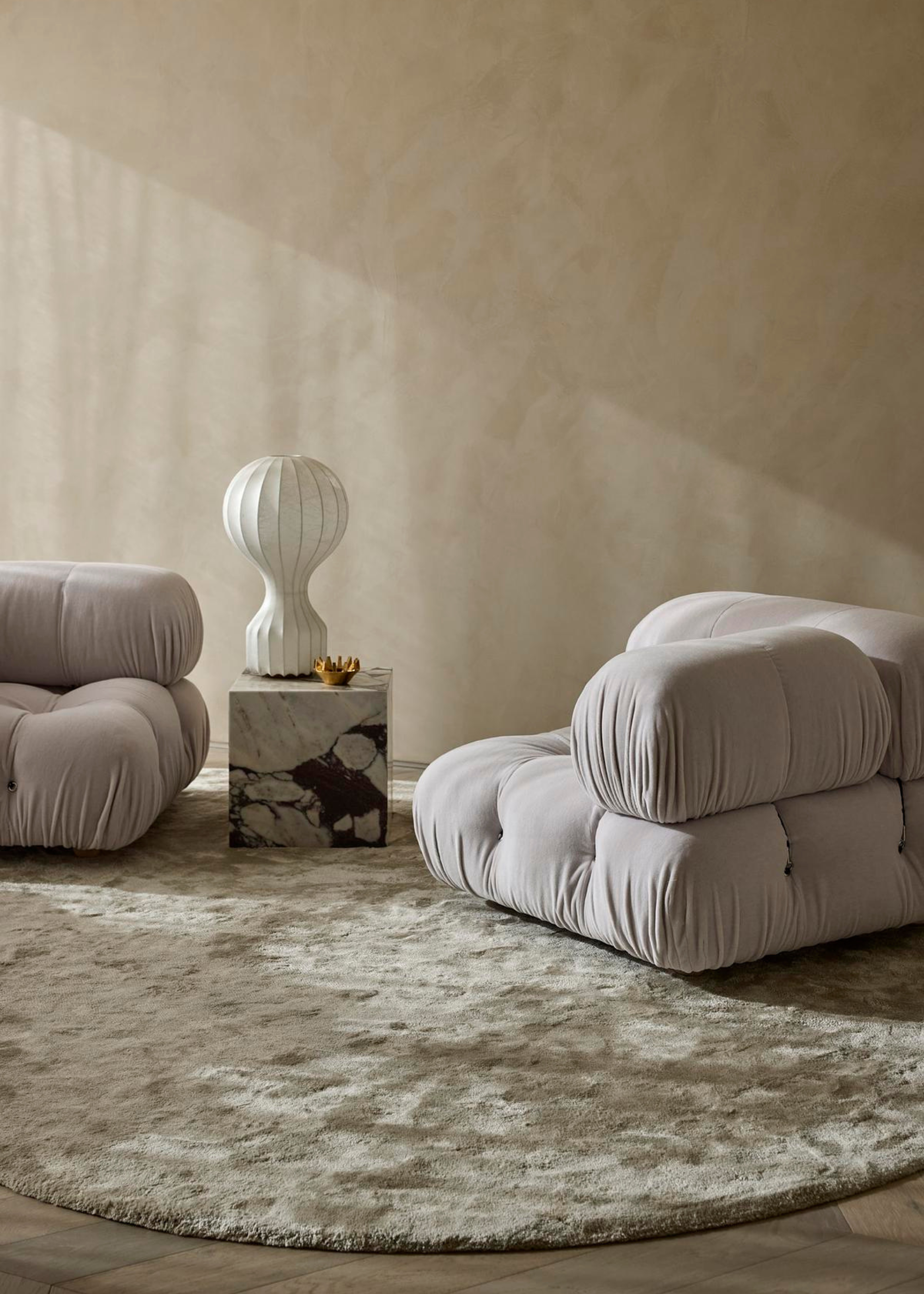
According to Daren, many people unconsciously believe that changing their external environment will resolve internal struggles. And this is what's known as the 'geographical cure' fallacy.
"Moving offers the reassuring promise of a fresh start. But anxiety, relationship patterns, and self-esteem issues travel with us, wherever we go. This creates a dangerous gap between fantasy and reality," he explains.
"This imagined new life, unburdened by current problems, seems infinitely more appealing than present reality. But when problems resurface in the new location, the gap re-establishes itself, driving the urge to move again. And the pursuit of an idealised future begins again, but never quite materializes," Daren adds.
As much as we'd like it to, a change of address does not equate to a complete reset beyond the aspect of design and space. So while it's unfortunately easy to slip into the dream of a new home being a solution for any and all problems, it's important to take a moment to consider the reason you're wanting to move and go from there.
It might not be an all-encompassing solution, but my favorite starter step to feeling more comfortable at home is to adopt wellness lessons that calm my space and my mind.
4. Childhood Mobility Trauma

When it comes to feeling a constant need to move house, Daren finds that frequent childhood moves could be to blame. "This constant shift during childhood can create lasting psychological imprints that persist into adulthood," he says.
He points to a major Danish study by Clive E. Sabel, PhD, Carsten Bøcker Pedersen, DrMedSc, and Sussie Antonsen, MSc, titled Changing Neighborhood Income Deprivation Over Time, Moving in Childhood, and Adult Risk of Depression, which evidences the effect of this restlessness translating through the years.
"This study follows over one million individuals and found that adults who moved more than once between the ages of 10 to 15 were 61% more likely to develop depression in adulthood," he explains.
"These individuals often struggle with identity formation and develop more transient relationships with both places and people, making it psychologically easier to leave than commit to deep roots."
He says that this creates a cycle whereby adults who moved frequently as children often become restless adults who struggle to settle, having learned to protect themselves from the pain of saying goodbye by never truly arriving.
Allowing yourself the space to recognize that past experiences need not replicate the future will help you disrupt this long-standing pattern and aid you in feeling joy right where you are. This might not be one of the more typical things to know before you move home, but it's just as, if not more, important to understand.
How Do I Stop Compulsively Scouting Listings?

Daren tells me that we all suffer from the ideology of needing something else and something more. "It's our fundamental human nature. But once we recognize this pattern, we can observe these restless thoughts and feelings without being controlled by them," he assures.
"We project that inner dissatisfaction onto our external environment and frantically try to change what's around us. But the relief is always short-lived because we're treating the symptom, not the cause."
When you feel the urge to browse listings, Daren recommends taking a pause to simply breathe. He explains that it's important to recognize that this feeling of needing more will pass. As it always does.
"Try practising sitting with the discomfort of 'not enough' without immediately reaching for your phone," he suggests. "This helps you learn that you can survive the feeling of wanting something different without acting on it."
I can relate to the feeling of chasing change, and as much as it is a part of the human fabric, I have found that sometimes a small change can dissolve the need for a much larger, much more arduous switch-up, like a move.
A beautiful living room remodel or a couple of easy kitchen DIYs can satiate your need for newness in small, warming ways. So, before you get to hiring movers and boxing up your home, consider taking a moment to truly understand if you need a move or if it's just a passing want that's not worth giving in to.
Design Inspiration to Improve Your Current Home
We can all find some familiarity in wanting to change up our daily routines and, in this case, our surroundings, as we search for a space that better aligns with the chapter we're in. But taking a moment to understand the guiding force behind this want is the key to making a decision you won't regret.
And if, after some deliberation, you find yourself yearning for a spruce, then try to slowly work on each living space in your home before you make a permanent shift. My current favorite way to make my apartment feel a little more like home? Learning how to reset for summer.

Amiya is a Home Wellness Writer at Livingetc. She recently graduated with a Masters Degree in Magazine Journalism from City, University of London, and has lent her words to beauty, fashion, and health sections of lifestyle publications including Harper’s Bazaar and Women’s Health. Her experience as a research analyst has equipped her with an eye for emerging trends. When she’s off the clock, she can be found reading, listening to music, or overanalyzing her latest Co-Star update.
